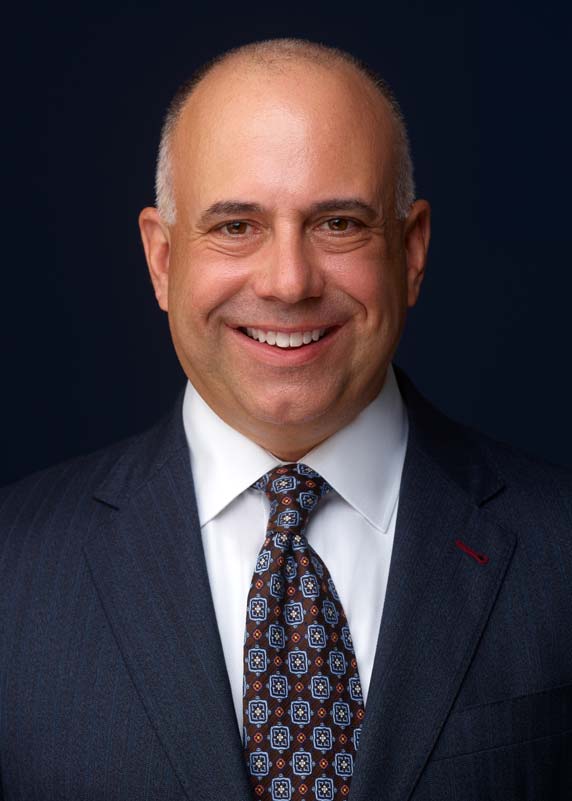Columbia, Maryland DUI Law | Ellicott City, Maryland DWI Lawyer
Understanding Maryland DUI and DWI Laws
If a driver is charged with driving while impaired (“DWI”) or driving under the influence (“DUI”) of alcohol, the State has the burden to prove its case beyond a reasonable doubt. The difference between a DWI and a DUI is one of degree. To convict a driver of a DWI, the State must show the driver’s normal coordination was impaired by alcohol. In order to convict a driver of a DUI, the State must prove that the driver’s normal coordination was substantially impaired by alcohol. For those driver’s who elect to take the breath test offered by the police, the prosecutor will try to use those results to establish the driver’s guilt.
- Why Do You Need a DWI Lawyer?
- Types of DWI
- DWI Without Alcohol Consumption
- Impact of a DWI on a Juvenile
- Maryland DUI – First Offense vs. Second Offense
From the time a police officer first spots the driver, he/she will begin making observations about the driver’s coordination. Police officers are trained to look for clues of impairment, such as:
- Inability to stay within a lane of travel
- Speeding
- Odor of alcohol coming from the driver’s breath or person
- Slurred speech
- Inconsistent responses to questions
- Blood shot eyes
- Whether the driver is able to exit the vehicle without assistance
- Whether the driver is able to walk without assistance
- Failing to follow the officer’s instructions
Along with these initial observations the officer may request the driver to perform roadside field sobriety tests. The purpose of these police developed sobriety tests are to determine the driver’s level of impairment and to try to establish probable cause to arrest the driver. The driver’s performance on these field sobriety tests are often used against the driver in court, and in some cases, can be the sole basis for a conviction. After the driver is placed under arrest for an alcohol related driving offense, the officer must offer the driver the opportunity to submit to a breath test to determine the driver’s blood alcohol content. The result of the test can be used to establish the driver’s guilt in a Court of law as well as allow the MVA to suspend the driver’s license.
Meet Our Team

Gregory P. Jimeno, Esquire
Partner

Frank C. Gray, Jr., Esquire.
Partner

Magaly Delisse Bittner, Esquire
Partner

Jessica McConnell, Esquire
Associate

Alex Avioli-Bent
Paralegal

Erin Finn
Paralegal

Karen Nolasco
Paralegal

Robyn Youssef
Intake Specialist

Lisa Eckstorm
Office Manager and Funding Coordinator